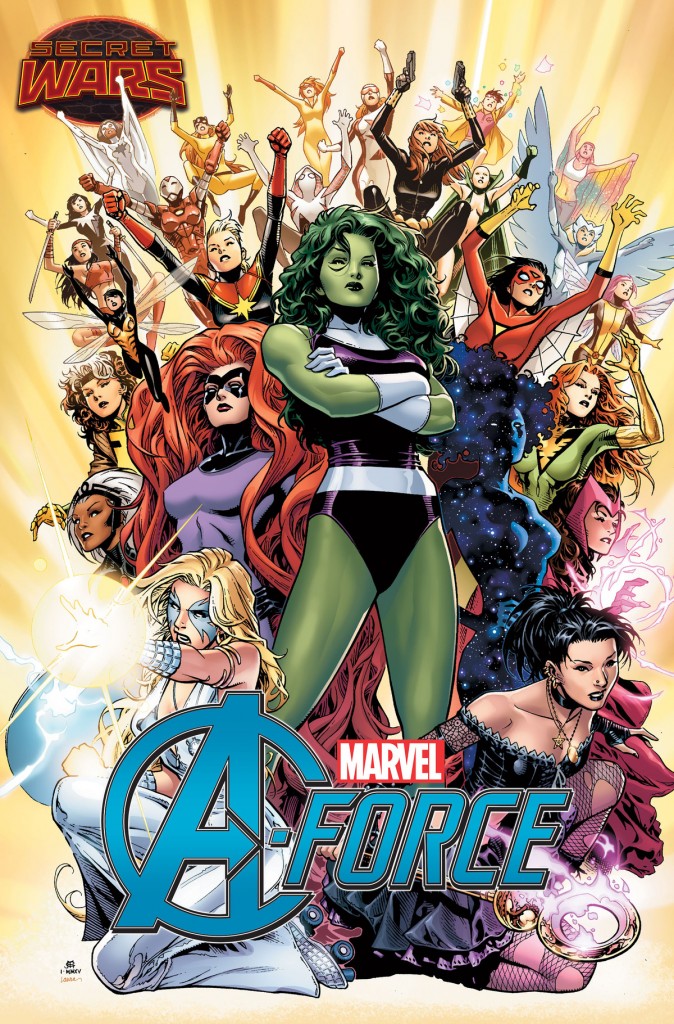by Valentino L. Zullo, Teaching Fellow, Kent State University and Ohio Center for the Book Scholar-in-Residence at Cleveland Public Library
The Marvel universe is expanding once again — – this time making history. At the San Diego Comic Con in July, Marvel announced a new World of Wakanda series, penned by “Bad Feminist” author Roxane Gay, making this the first time in 77 years of publishing that a black woman has written for the comic book giant.
Sure, Marvel Comics has featured stories with powerful black female characters including Storm and Misty Knight (created by the local Cleveland author Tony Isabella), but not one has gotten her voice from a black female author. Are these recent developments truly progress?
As an avid reader of comics, and a frequent apologist, I had to wonder: how to think about Gene Luan Yang’s New Super-Man, the first issue of which was published this month by DC Comics, or the ongoing Black Panther by Ta-Nehisi Coates? I soon realized, though, that while these stories were written by men of color, they were still men. Even the exciting news of a new Invincible Iron Man series, in which Tony Stark will pass the torch to a 15-year- old black girl, Riri Williams, was muted a bit by the fact that her creator, Brian Michael Bendis, is a white man. “A black woman won’t pick up the paycheck for a story about a black girl, especially after Marvel has reaped so much goodwill and praise for introducing one?” critic Abraham Riesman asked in response to the news.
Perhaps even more disheartening is the fact that while Yang, Coates and Gay represent change in terms of hiring in superhero comics, we must remember that this is not these are not their day jobs. None of them will be the backbone of the industry. They are just visiting. There is still much work to be done to insure that the pillars of the comics industry are representative of those reading the stories. Another problem — one too large for this blog — is the erasure of women and people of color from the annals of the comics industry. (Many forget already that Jenette Kahn was the President of DC Comics for nearly 20 years.)
Still, I do want to celebrate the moves toward diversity in the realm of superhero comics. There are more women working at Marvel than ever before. Indeed, I praise Sana Amanat as one of Marvel’s best editors, and G. Willow Wilson, Chelsea Cain or Kelly Sue DeConnick as some of their strongest creators. However, I believe that we can celebrate and also ask for more. It is also problematic when some of the most iconic black female superheroes are still written by white men and have never been written by a black female creator.
While black women may not be writing for Marvel en masse, they are indeed creating comics. You can find a list of creators at Ormes Society, named for Jackie Ormes, who was the first female African-American cartoonist to produce a syndicated comic strip. (You can learn more of her story in Jackie Ormes: The First African American Woman Cartoonist.) Other notable black women include Felicia D. Henderson, who wrote for DC Comics with Teen Titans and Static Shock and Whit Taylor, who has won the Glyph Comics Award.

Black women have been creating comics for decades, even as the major comics companies have not invested in their talents. Gay noted that she understands the role she’s occupying in history. “It doesn’t make sense that I’m the first, in 2016,” Gay tweeted. “But I won’t be the last.”
Join the conversation about women in comics at the Kent State University and Cleveland Public Library Wonder Woman Symposium in Cleveland September 22-24, 2016. See the website for the event info here: www.kent.edu/wonderwoman
 Did Marvel get it right with A-Force, its latest contribution to the world of female superheroes? Not if you ask
Did Marvel get it right with A-Force, its latest contribution to the world of female superheroes? Not if you ask